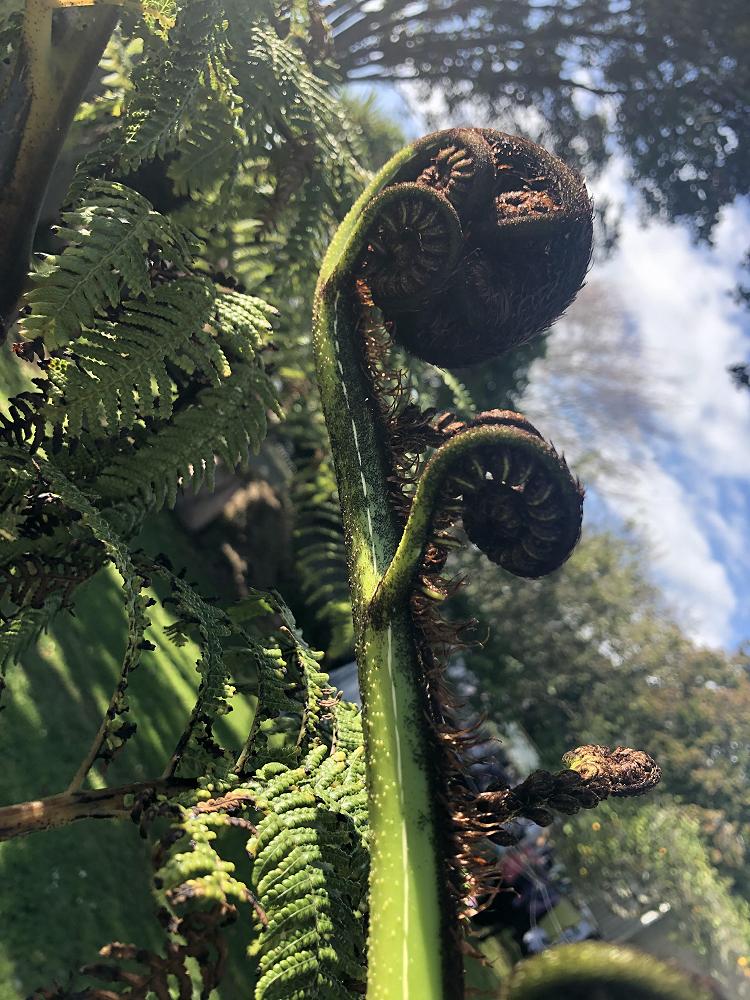
Hohourongo
Te Taha Māori continues to gather together to wānanga and explore our aspirations as people of the journey, part of and belonging to Te Hāhi Weteriana o Aotearoa.
Reminiscent of former times when Weteriana gathered to consolidate their words with actions leading to the formation of Māori Division in the 1970s. We recall our history and the impetus for our bicultural journey of 1983 which recognised the unique relationship of Tangata whenua and Tauiwi living together in Aotearoa. Further work developed in the Te Taha Māori restructuring of the 1990s.
We celebrated our achievements then as we do today.
Our last Enabling Ministry Team wānanga for the year strengthened our collective Māori voice to continue to kōrero and give voice to what is happening in our communities. Our wānanga looked to the past and explored an important discussion paper for Conference ‘He Wakaputanga o te Rangatiratanga o Nu Tireni The Declaration of Independence of New Zealand 1835. We also looked at the Doctrine of Discovery, a mechanism for European nations to exercise the power to colonise, marginalise and subjugate indigenous peoples globally, and how it contributed to the mindset of the colonisers who came to New Zealand.
In more recent times we reflected upon the World Council of Churches 11th Assembly in Karlsruhe Germany and its theme, ‘Christ’s love moves the world to reconciliation and unity’ taken from 2 Corinthians 5: 14. Again in wānanga mode we addressed a Māori biblical interpretation of this theme and examined the concept of reconciliation alongside our understandings of the term hohourongo. In order to hohouhia te rongo live into, be witness to and share the love of God it must be experienced in tangible ways with one another.
It gives us a significant moment to reflect as Weteriana, as Methodists into the life of the Connexion and in our engagements at all levels. We cannot ignore our failings, our shortcomings as a Church for the past or the future. In Aotearoa we stand in solidarity with others who share our commitment to the central message of the gospel espoused in the Grace and the love of God as revealed in Jesus Christ. John Wesley himself, saw people and their lives as the main focus of God’s love. He broke with tradition and professed his faith through his actions, the good news of Jesus Christ is for all people, God’s love is embracing, inclusive and for all.
The Message from the Indigenous Peoples Pre-Assembly clearly articulated the voice through Christ’s love the systems and cultures that seek to dominate, discriminate and dehumanize are conquered. Two hundred years after the arrival of the first Wesleyan missionaries we once again reflect on what the Grace of God looks like for many living in Aotearoa today. We reflect on visions of what a liturgy of wholeness for all communities might look like.
As Te Taha Māori members we pause again to consider and reassess our beliefs, our attitudes, our behaviours to and with one another. In particular we review our faith, how far we have come on our journey as Weteriana through to our bicultural journey today. We seek to explore and recover the relevance of our shared history to this point in time, asking always the fundamental question; what more can we do together to reflect the love of God as Te Hāhi Weteriana o Aotearoa.
The following is a revised prayer of Rev Rua Rakena.
E te Kaihanga o te Rangi me te Whenua.
Kia manako mai koe ki tā mātou inoi mō te ao.
Hohouhia te rongo ki ngā wāhi e mura nā te mahi a Tūmātauenga.
Whāngaia te hunga e hemo kai ana.
Whakamanuhiritia ngā iwi kua manene i te tūkinotanga o te tāngata.
Manaakitia ngā purapura ora me o rātou whānau.
Tohungia ngā Kawanatanga me ngā Runanga whakatakoto tikanga
Kia tika kia pono ngā whakaaro me ngā kōrero.
Mō ngā iwi me te whenua o te ao.
Kia tatū iho ra hoki tōu Rangatiratanga ki runga ki te mata o te whenua.
Ko Ihu Karaiti hoki tō mātou Kaihohou rongo.
Amine.
